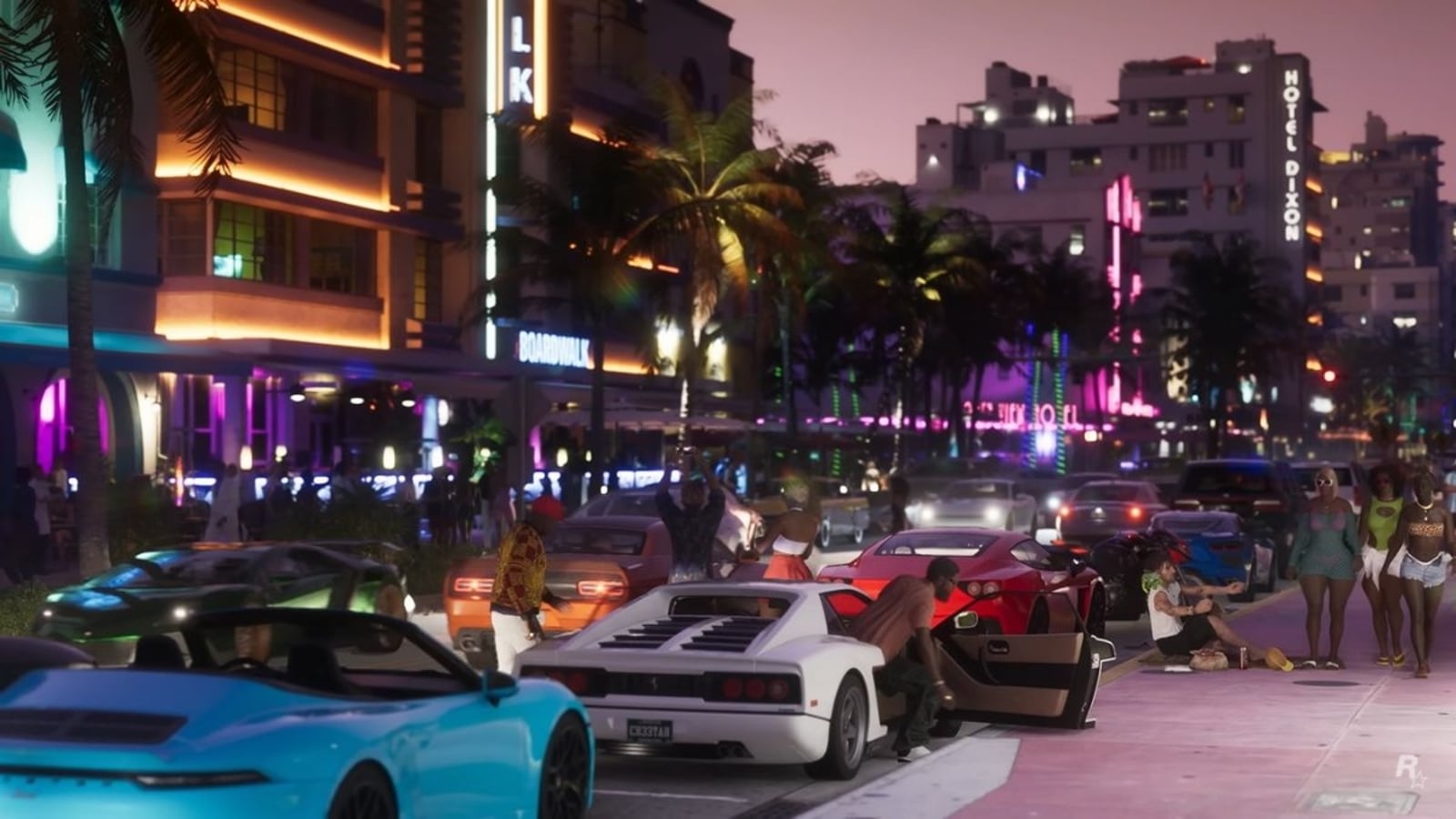But behind closed doors, some Western diplomats and military officials say, that is exactly the conversation that may have to happen if the goal is to balance winning back territory against preventing Mr. Putin from lashing out. William Burns, the C.I.A. director and the former U.S. ambassador to Moscow during Mr. Putin’s rise, said on CBS this week that the Russian leader can be “quite dangerous and reckless” when he feels cornered or “feels his back against the wall.”
Of course, that is exactly the kind of assessment Mr. Putin is trying to encourage; his ultimate hope, American intelligence officials say, is to fracture Europe over the question of whether to confront Moscow or appease it.
He has plenty of steps remaining on the escalation ladder: He could conduct exercises with his nuclear-ready troops, he could step up cyberattacks outside Ukraine’s borders and he could make use of chemical weapons, as he has done in the past, against dissidents and other targets. Then, of course, there is the possibility of attacks on energy infrastructure — perhaps similar to what happened last week, mysteriously, to the Nord Stream I and II gas pipelines.
But what the administration says it is looking for are incentives for Mr. Putin to de-escalate — a search that appears fraught.
One of Mr. Putin’s periodic demands is that NATO pull back its forces from former Soviet states and not conduct what he calls provocative exercises on its borders. Early this year, he demanded that NATO sign a treaty that would have essentially rolled the alliance back to what it looked like in the late 1990s.
Many Eastern European officials, concerned about Mr. Putin’s next territorial ambition, say they want NATO in their countries more than ever. To them, this is a time to build up defenses, not pull back. But some Western European officials say they could imagine scaling back on exercises or conspicuous reinforcement of troops, even temporarily. Over the summer, the Biden administration also delayed some missile tests, to avoid unnecessary provocations.
All those would be temporary moves, and Mr. Putin is clearly looking for a permanent alteration in NATO’s stance. And he is not likely, many officials insist, to stop invoking the power of his nuclear arsenal as long as his ground troops are struggling.
























